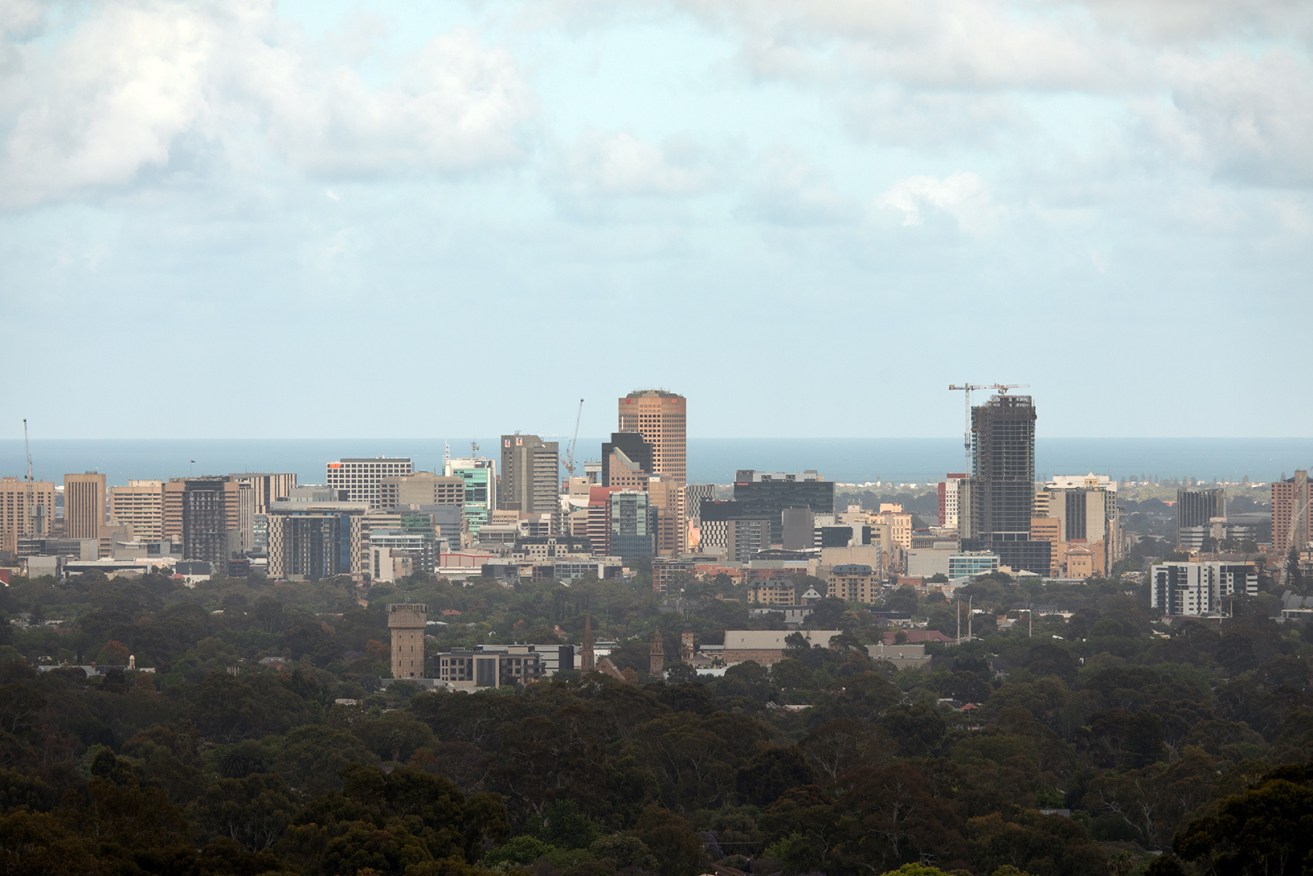“Pretty grim”: Report forecasts weak SA economic growth for 2020
Businesses are investing little, local consumers aren’t spending and the prospects of effective economic stimulus seem poor, according to a University of Adelaide economic report published today.


University of Adelaide economists are forecasting weak economic growth heading into the New Year. Photo: Tony Lewis / InDaily
The university’s South Australian Centre for Economic Studies (SACES) released its final Economic Briefing Report for the year this morning.
It warns that the slowest international economic growth since the Global Financial Crisis, low business investment outside of the mining industry in Australia, exceptionally low consumer spending and new barriers to export trade are all pressing down upon the growth prospects for SA.
The report forecasts the South Australian economy to grow at 0.75 per cent in 2019-20 – well below the 2.5 per cent forecast by Treasury in the last state budget and the Marshall Government’s 3 per cent economic growth target.
SACES deputy director Steve Whetton told an audience at the report launch this morning that things were looking “pretty grim”.
“Investment spending is basically flat-lining,” said Whetton.
“Households are spending … less than a third of their usual level.
“To the extent that we’re actually having domestic economic growth, it’s the Commonwealth Government spending money.”
He said there were some bright spots including in exports – in South Australia, copper, copper ore and alcoholic beverage businesses are doing well – and some positive signs in the labour market.
Whetton said South Australia’s wine industry – which had in years past relied on the United States and the United Kingdom markets for much of its export growth – was increasingly gaining access to the lucrative Chinese market, making alcoholic beverage sales South Australia’s top exports performer outside of mining.
But an increasing trend of bilateral, rather than multilateral trade agreements precipitated by the Trump Administration is threatening to lock local exporters out of important overseas markets.
And he said that the Reserve Bank was in a poor position to stimulate the Australian economy on its own.
“Normally when you have a bit of a slow down like this you’d be looking to the Reserve Bank to give the economy a bit of a kick-start (by reducing) interest rates,” said Whetton.
“That’s not really feasible at the moment … because one of the main mechanisms by which interest rate cuts translate into domestic demand is households saving less, spending more and borrowing more.
“It’s not really obvious that you want households spending and borrowing more – with current levels of record low interest rates, these sort of levels of debt probably are sustainable, but if you saw an environment with continued low wages growth but interest rates beginning to normalise, we would have a really, really big problem.”
The economist said federal spending was likely to slow in the new year in line with the slowing roll-out of the National Disability Insurance Scheme, but that the Commonwealth Government was in a position to stimulate the economy if it chooses.
“If policy makers want the economy to escape its current doldrums, they will need to rely more heavily on fiscal policy to crowd-in private investment,” Whetton said.
“This will require a long-term strategy of substantial federal and state government infrastructure investment largely targeted at projects that will help support diversified export-led growth.”
He suggested that upgrading regional roads was among the few effective levers the South Australian Government might have to improve the state’s prospects in the new year.
Whetton added that the agricultural sector was expected to pick up in the New Year in response to a stronger but still below average winter crop, and with Murray River irrigators receiving full water allocations this year.
Want to comment?
Send us an email, making it clear which story you’re commenting on and including your full name (required for publication) and phone number (only for verification purposes). Please put “Reader views” in the subject.
We’ll publish the best comments in a regular “Reader Views” post. Your comments can be brief, or we can accept up to 350 words, or thereabouts.
InDaily has changed the way we receive comments. Go here for an explanation.




